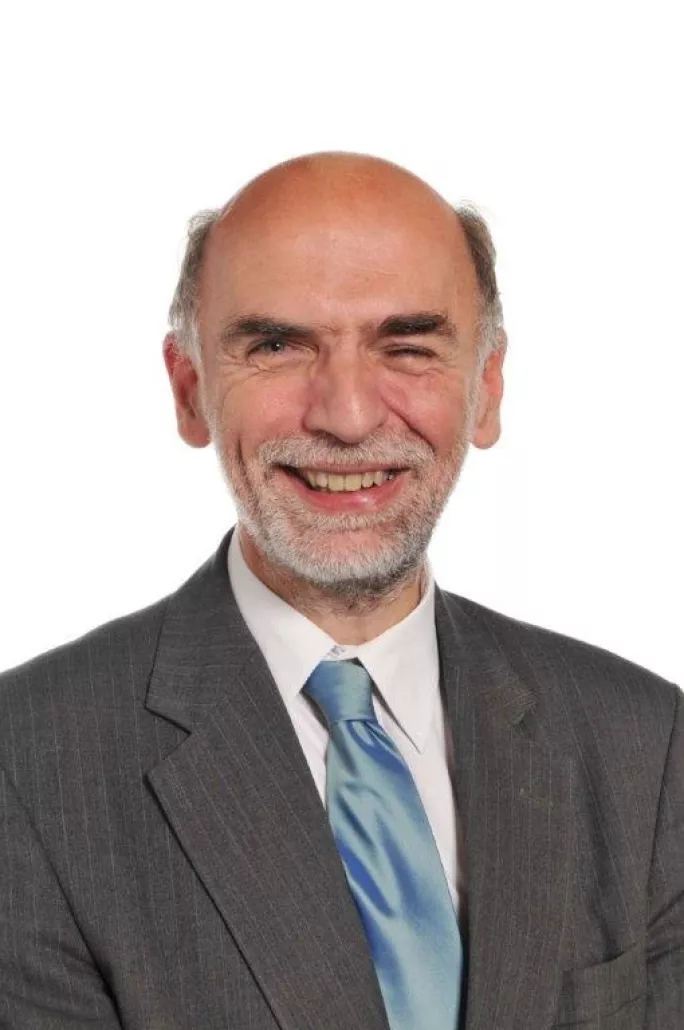‘Why can’t we concentrate on running schools rather than responding to an ever-changing exam system?’
Dr Peter Kent, president of the Association of School and College Leaders and headteacher of Lawrence Sheriff school in Rugby, said:
School targets change with such dizzying rapidity that headteachers could be forgiven for sometimes wondering not just how far the proverbial goalposts have moved but where they have gone.
We have had contextual value-added, EBac and shifting floor standards for A*-C at GCSE. At one time, best-entry GCSE results were fine, and then they were terrible, and it was all about first entry. Now we find ourselves preparing for the triumphant arrival of Progress 8, a new type of value-added measure being launched in 2016.
Progress 8 is actually not bad. It is the least-worst solution out there. The point, though, is not its merits or otherwise; it is the damaging effect of a relentless cycle of change, which reflects the lack of trust that government seems to have in the teaching profession.
Big, successful businesses do not operate in this way. Hard-headed capitalists are quick to say that one needs to build trust in a business model. They understand that successful brands are built around trust, and that a lack of this vital commodity is corrosive.
The government’s paranoia that schools will not get it right without persistent top-down intervention is not shared by the public - opinion polls consistently show high levels of trust in the teaching profession.
For school leaders this process of constant change is both wearing and distracting. Too much time and energy is spent burning the midnight oil, checking obscure technical annexes to new performance measures to make sure that nothing has been missed.
Headteachers want to be able to focus on running their schools effectively rather than amassing an encyclopedic knowledge of ever-changing exam systems.
Most importantly, this constant distraction is not good for students. It makes it harder to plan courses and learning activities. And, of course, these shifting sands are a source of anxiety for young people and their families.
With better planning, for instance, everybody could have been spared the confusion of having two different GCSE grading systems - one based on numbers, the other on letters - running in parallel for the next three years.
The government would say that it is vital to hold schools to account. And that, of course, is right.
Billions of pounds of public money cannot be spent without checking it is producing results. The point is that the system would work better if the government put more trust in the teaching profession to work out effective measures and then allowed it to get on with the job.
School leaders are not asking to be left alone to twiddle their thumbs. They are asking government to trust their collective expertise, built up over many lifetimes of teaching and leadership, to drive improvements.
Specifically, what the Association of School and College Leaders proposes is that at the start of each Parliament, the government and the teaching profession should sit down together and decide the measures on which we will all be accountable.
We will set a challenging standard that is agreed by the government and then need the clarity provided by knowing that it will not change for at least five years.
This is one of the proposals which will be discussed at ASCL’s annual conference in London on March 20 and 21, and it forms a key part of our blueprint for education, Leading The Way, launched in the House of Commons last month.
It is, we believe, a vital step in taking our education system from good to great over the next five years.
And the good news is that this message is being listened to. Politicians are increasingly talking about the need to place more trust in the profession. There is a general sense that we are moving in that direction.
The challenge for the incoming government in May is to have the courage and vision to step back, stop trying to micromanage schools, and allow the profession to step forward.
What we can promise is this: trust us and we will take your breath away.
Keep reading for just £1 per month
You've reached your limit of free articles this month. Subscribe for £1 per month for three months and get:
- Unlimited access to all Tes magazine content
- Exclusive subscriber-only stories
- Award-winning email newsletters




